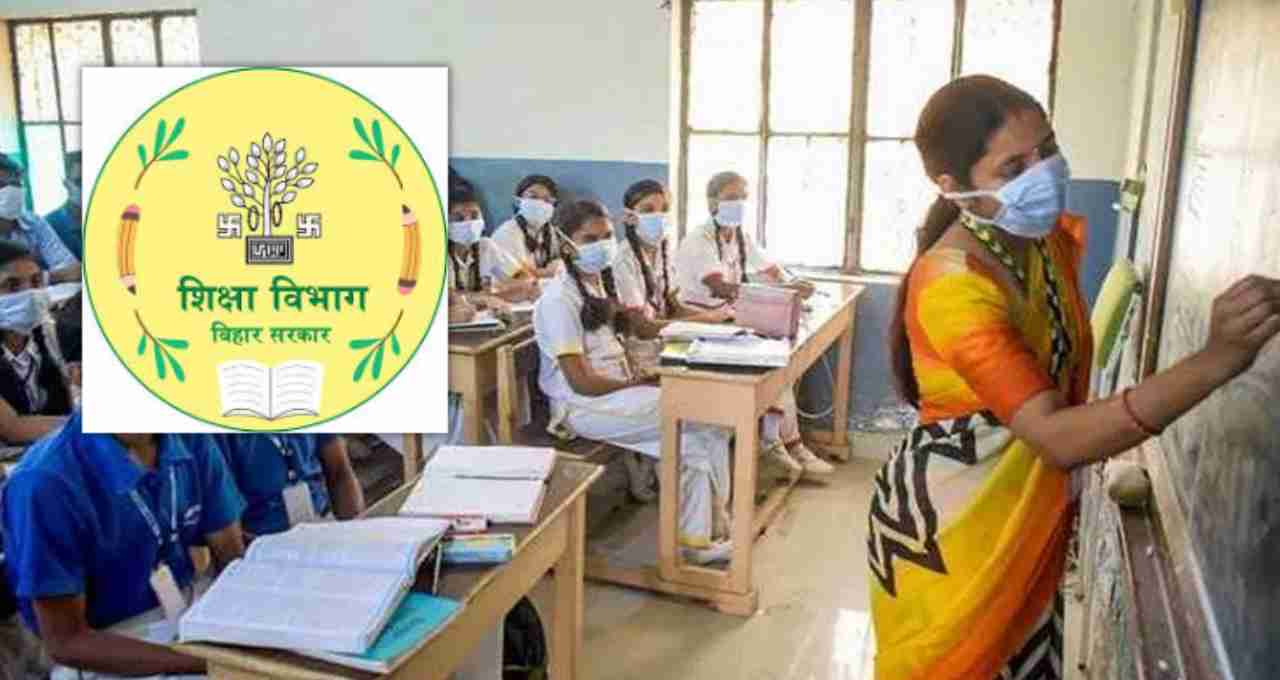Bihar to Evaluate Teachers' Classroom Instruction Using a 23-Point Grading System
Bihar Teacher News: A new initiative in Bihar's government schools aims to directly assess teachers' instructional methods. Beginning after the summer break, the state government will implement a rigorous evaluation process to scrutinize teacher proficiency and teaching techniques. This initiative seeks to enhance the quality of education and measure the effectiveness of teacher training programs.
SCERT Director Issues Instructions
The State Council of Educational Research and Training (SCERT) director has issued a letter to all districts clarifying that this is an academic monitoring process, not an inspection or punitive action. The goal is to understand teacher performance, identify weaknesses, and improve education.
Live Classroom Evaluation Process
Across Bihar, including Samastipur district, teachers' classroom instruction will be directly monitored in their classrooms. Teams from DIETs (District Institutes of Education and Training) and teacher training colleges will observe classes, evaluating teachers' activities.
Each Team Assigned Five Schools
Each evaluation team is responsible for five schools—one high school, one middle school, and three primary schools. These teams will spend one day a week observing classes and grading teachers based on 23 specific criteria, including teaching style, subject presentation, and student engagement.
23 Key Evaluation Criteria
This evaluation is a purely academic grading process focusing on key aspects such as:
- Clarity of teacher's explanation
- Logical presentation of the topic
- Use of appropriate examples
- Teacher-student interaction and communication
- Students' freedom to ask questions
- Accuracy and adequacy of teacher responses
- Students' ability to note key points
- Classroom discipline and positive environment
The process will also assess the teacher's active involvement of students in learning activities.

Objectives of the Evaluation
According to SCERT, the main objective is to assess the impact of teacher training on classroom instruction. It aims to determine whether teachers are using new methods to improve student learning, and whether classroom instruction is evolving beyond a mere formality.
Friendly Approach Towards Teachers
The SCERT director has emphasized that this process is not punitive. All evaluation teams are instructed to maintain a friendly approach and create a comfortable, positive atmosphere. No teacher should be embarrassed or pressured.
Emphasis on Transparency and the Learning Process
This process will increase transparency and assess student understanding. It is expected to improve the learning process. Any identified weaknesses will be addressed through immediate feedback and improvement plans.
A Significant Step Towards Improving Educational Standards
Given the frequent concerns regarding the quality of education in Bihar's government schools, this initiative is seen as a positive step. It is expected to increase teacher accountability and enhance student engagement, aiming to balance quality and discipline in the classroom.
Crucial Role of SCERT and DIETs
SCERT and the district-level DIET institutions are the key drivers of this initiative. Their teams are trained to act not just as monitors but as supportive collaborators. Suggestions arising from the evaluation will be incorporated into future policy-making.










